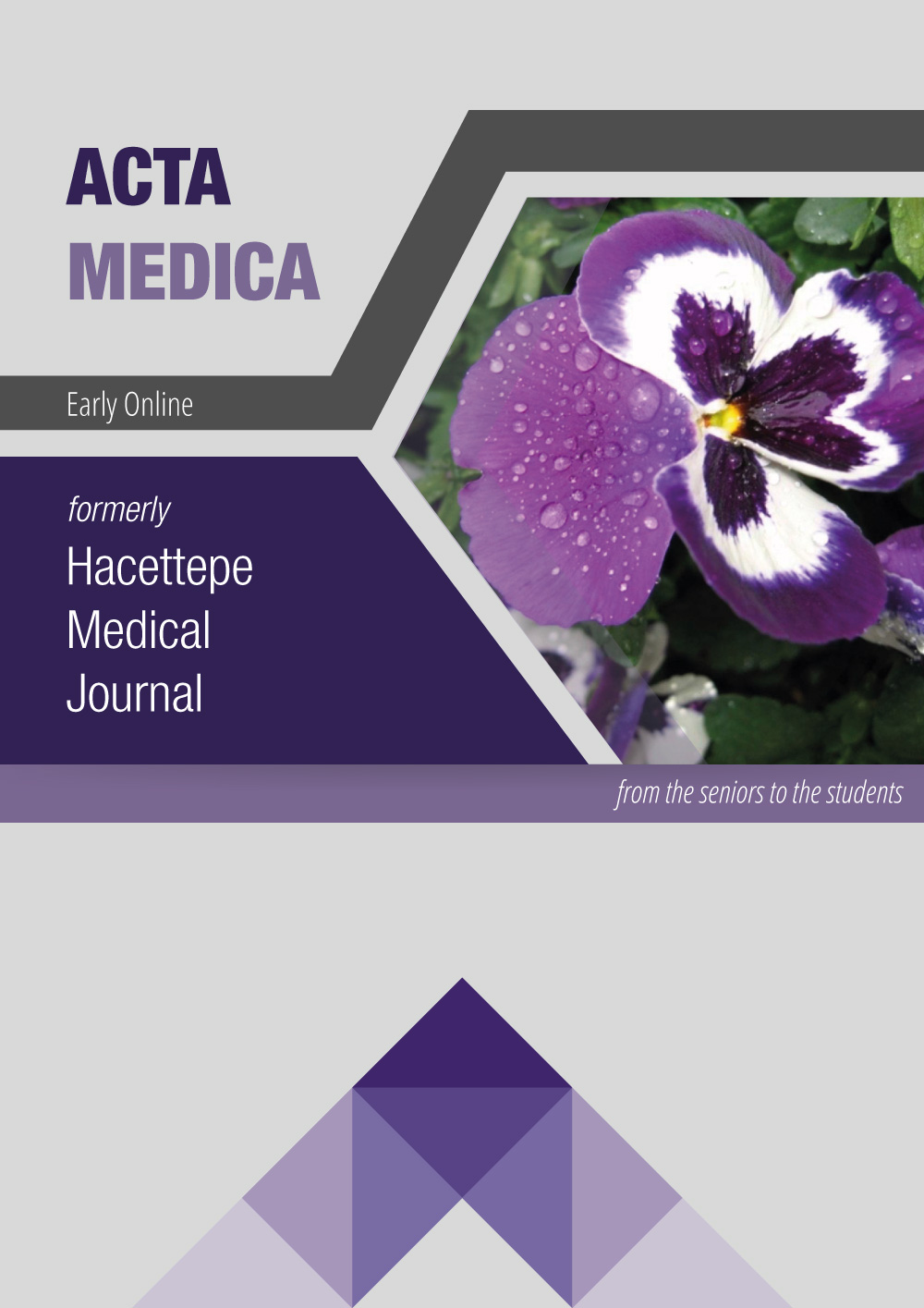Retrospective Evaluation of Liver and Kidney Functions in Patients with Chronic Occupational Lead Intoxication Treated with EDTA Chelation Therapy
DOI:
https://doi.org/10.32552/2023.ActaMedica.861Keywords:
occupational disease, lead poisoning, chelation therapy, edetic acidAbstract
Objective: This study aimed to investigate hepatic and renal functions in patients who received calcium disodium edetate (CaNa2EDTA) chelation treatment for chronic occupational lead intoxication.
Material and Methods: This single-center retrospective descriptive research was conducted in a secondary-level health facility. The study included patients treated with CaNa2EDTA chelation for chronic occupational lead intoxication between September 15, 2020, and May 31, 2021. Demographic and occupational characteristics, as well as and laboratory parameters obtained before and after the chelation therapy were evaluated.
Results: All 75 patients were male, and 73.3% had an occupation in metal scrap recycling. Renal parameters were within normal range before and after the chelation. However, mild elevations were observed in liver parameters. After the adjustment for demographic and occupational variables, the odds of having an elevated liver parameter and an elevated alanine transaminase (ALT) result after the chelation therapy were 9.3 (95%CI 2.6–33.2, p<0.001) and 11.4 (95%CI 2.4–53.2, p<0.001) for patients with pre-chelation elevated any liver parameter and pre-chelation elevated ALT result, respectively.
Conclusion: The current study documented mild elevations of the liver parameters in patients with chronic occupational lead poisoning after CaNa2EDTA chelation therapy, particularly those with elevated basal liver parameters, although their renal parameters stayed within reference ranges. The results serve as an example of the safe application of CaNa2EDTA chelation for chronic occupational lead poisoning, by monitoring kidney and liver parameters in a secondary-level health facility. Future prospective studies with structured treatment protocols may investigate the risk and determinants of hepatic and renal adverse effects.
Downloads
Downloads
Published
How to Cite
Issue
Section
License
Copyright (c) 2023 Acta Medica

This work is licensed under a Creative Commons Attribution-NonCommercial-NoDerivatives 4.0 International License.


